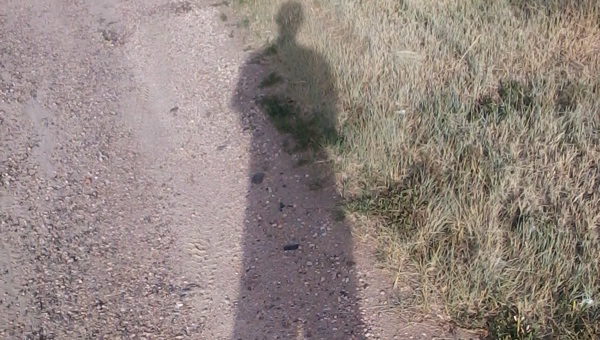Although people do not often rise above the spirit of their age to pluck alternative values from the future, I’ve recently studied four such people: Álvar Núñez Cabeza de Vaca, Bartolomé de las Casas (whom I’ll profile in a later post), Abraham Lincoln and Walter Brueggemann. Each of their stories is worth consideration.
- A Land So Strange: The Epic Journey of Cabeza de Vaca…The Extraordinary Tale of a Shipwrecked Spaniard Who Walked Across America in the Sixteenth Century by Andrés Reséndez and Álvar Núñez Cabeza de Vaca: The Great Pedestrian of North and South America by Donald E. Chipman — You know you have a unique biography in your hands when it has two subtitles instead of just one and when the main character’s family name is “Cow’s Head.” (Chipman’s biography proved an interesting read, as well.) The story of Cabeza de Vaca, a Spanish explorer whose conversion-like experience in North America, represents an alternative, but little known approach to American colonization. Had it been followed, the American continent (as it is still known in Spain — one continent, not two) would have had a far different history. Here’s Cabeza de Vaca’s story in a nutshell: he grew up a soldier, trekked to the “New World,” was named second in command of the expedition to colonize Florida, was lost due to a navigation miscalculation and considered dead for eight years, barely survived a journey on the Gulf of Mexico on a makeshift raft, was enslaved by Native American tribes in what is now Texas, discovered three other survivors of his expedition with whom he escaped, became a “healer” sought and respected by tribes throughout Texas and Northern Mexico, and finally re-established contact with Spaniards, who ironically were enslaving Native Americans on the western coast of Mexico. After his return to Spain, Cabeza de Vaca and his three companions gained famed for Cabeza de Vaca’s “Narrative” and their “Joint Report” on their experiences. Dubbed “The Four Ragged Castaways,” they were the only survivors among the original 300 men stranded in Florida. Cabeza de Vaca later helped colonize modern-day Paraguay, but became the target of a (successful) cabal due to his uncompromising and unpopular policies, which called for the peaceful extension of the Spanish empire and for respectful treatment of the Indians.
- Lincoln directed by Steven Spielberg — Learning about the Civil War, has been something of a hobby of mine for more than a score of years, so I’ve read quite a bit about our sixteenth president. However, I just recently saw this feature-length biopic during a date night with my wife. In my opinion, Daniel Day-Lewis deserved his Academy Award for Best Actor. Lincoln had a great supporting cast, too, with Sally Field as Mary Todd Lincoln and Tommy Lee Jones as antislavery congressman Thaddeus Stevens. Lewis made Abraham Lincoln come alive and humanized him in a way that most written biographies and documentaries struggle to do. I liked everything until the last scene, which recalls Lincoln’s ending to his second inaugural address. I believe that speech to be a masterpiece of political magnanimity, but having Lincoln end it with his arms spread in transcendent Christ-like fashion was a little over the top.
-

Photo by Marrton Dormish The Business of Sustainability: Trends, Policies, Practices and Stories of Success by Scott McNall, James Hershauer and George Basile — A look at how the value of ecological sustainability has been and is being absorbed into the strategies and attempts at innovation of businesses around the world.
- The Collected Sermons of Walter Brueggemann — In addition to these challenging and poetic sermons from one of my favorite contemporary scholars and preachers, I enjoyed this collection’s introductory “Reflections” by Rebecca J. Kruger Gaudino of the University of Portland, who I assume is one of Brueggemann’s former students. Here’s a highlight of what she has to say: “Brueggemann explains that the aim of the preacher…is to advocate for an alternate world whose vision summons us to new life…[through] mobilizing ancient, sometimes forgotten texts that are nonetheless still charged with God’s initiative…[to] jump-start our tired imagination…He calls for preachers to be poets, to offer up powerful words that ‘shatter settled reality’ and ‘[press] us always toward new, dangerous imaginative possibilities.'”


